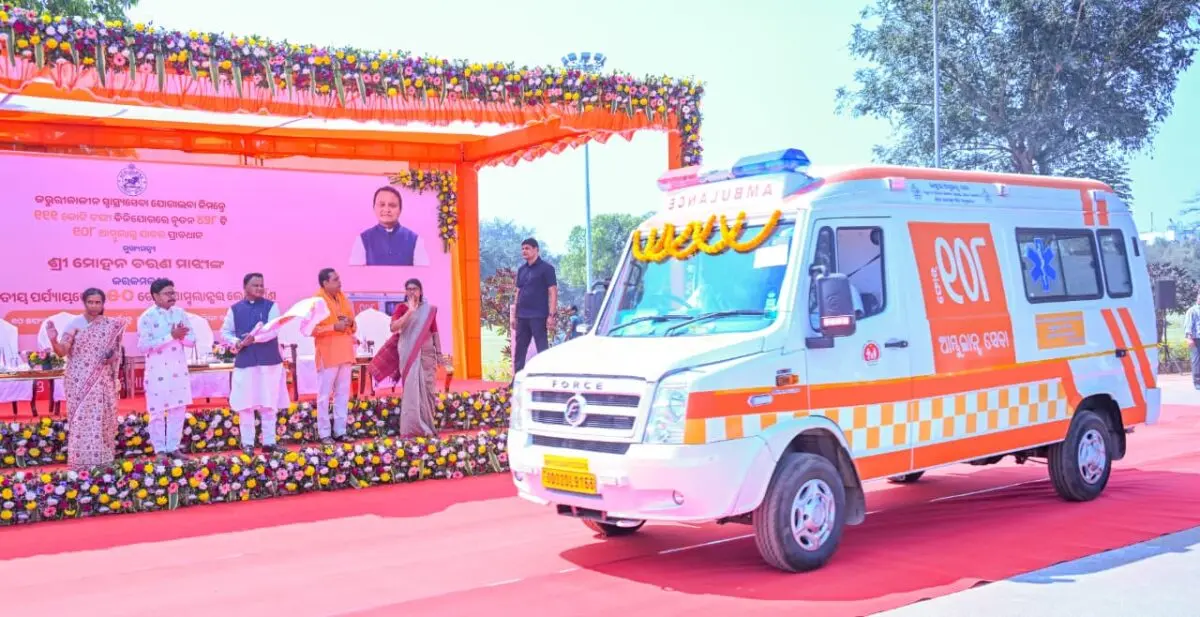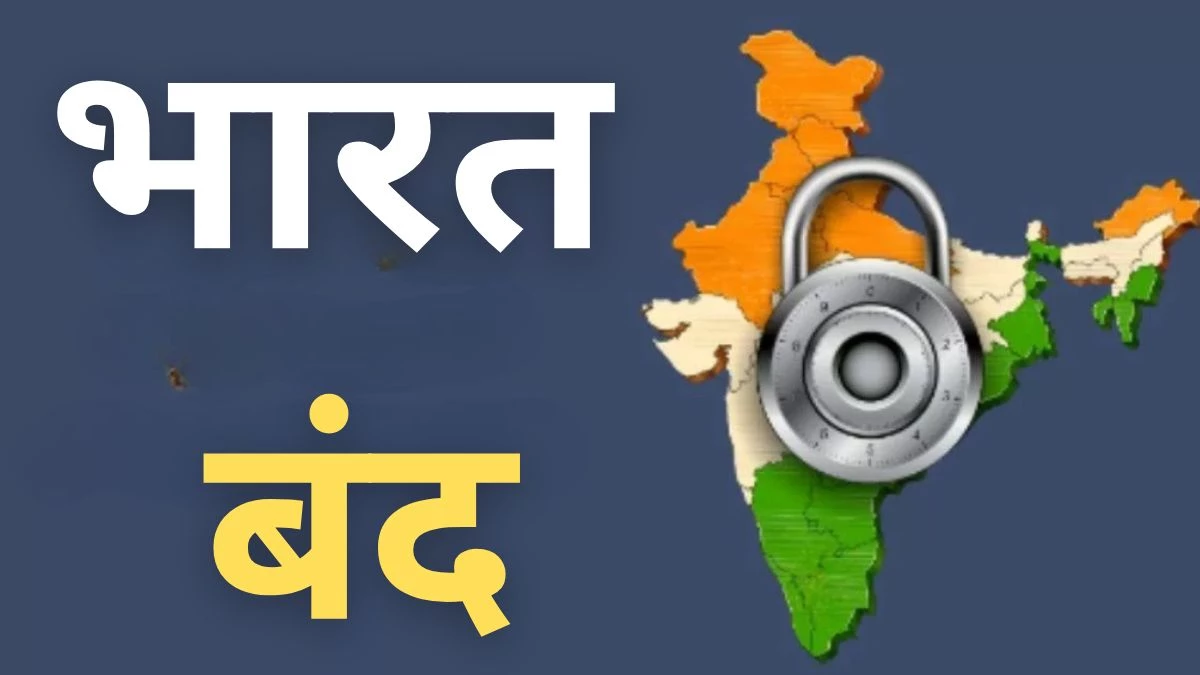New Delhi: SOS Children’s Villages of India, India’s largest self-implementing childcare NGO, has been at the forefront of encouraging children to develop innovative solutions to everyday problems, with the help of science.
Science teaches children key life skills, it is important to remember that the best way to teach science to children is by nurturing their natural curiosity. Science is all about learning about the natural world through observation and experimentation.
The NGO through its powerful children’s collective called the ‘Bal Panchayats’, has been guiding children from vulnerable communities in finding pragmatic and science-based solutions to everyday problems. Children are hands-on learners and using science to solve real life problems, helps in building a scientific mindset.
There are many examples of children finding simple yet innovative solutions to problems that their community faces. Take the example of Autopin-an urban slum near Faridabad in Haryana. A group of 30 children (aged 11-17) from this slum, have started a unique plastic recycling programme, of converting plastic waste into ‘Eco Bricks’, to solve the problem of garbage collection in the area. This Tilak Nagar slum, which is home to over 4,000 homes is extremely overcrowded. The slum had a problem of uncollected garbage lying all around, which made it an inhospitable area to live in.
Instead of waiting for a solution from outside, the children of this slum started collecting plastic waste from the community, once every month. They converted this plastic into Eco Bricks. SOS taught the children to make bricks from scratch. The process of making the bricks involves collecting the dry plastic waste and segregating the bottles from them. The other kinds of plastic are cut into smaller pieces and pushed into the bottles till they are full and weigh at least 500 grams. The filled bottle is capped tightly and is ready to be used as ‘bricks’.
In Barain village in Varanasi (Uttar Pradesh), 14-year old, Pariniti Vishwakarma has also created eco- friendly sanitary napkins disposal mataka. Pariniti is one of the students of Family Strengthening Programme of SOS Children’s Villages of India from the Barain community. Pariniti vowed to change the way napkins were disposed, when she realized the environmental damage caused by used sanitary napkins,
Pariniti used 1-year old mud pots to make an eco-friendly disposal system for used sanitary napkins. She placed an old kitchen heater with a new coil inside the mataka. A square sized iron net was used just above the heater coil inside the mataka. When the used pads are placed inside the mataka and the heater is switched on, it burns the pads and converts it into ash, which can be used as fertiliser for plants. Matakas release very less amount of smoke. It is a cheap eco-friendly alternative to disposal of used sanitary napkins, because the investment in raw material for matakas is only around Rs 150-200.
Pariniti has taken part in e-Tarang Programme for science project at village level, and she was the runner-up selected for the zonal leave science project. This project model got second position at zonal level, at the final national level she begged the first position.
There are many more stories of scientific innovations by children supported by SOS Children’s. Mr. Sumanta Kar, Secretary General, SOS Children’s Villages of India said, “We are very proud of the achievements of our Bal Panchayat children. We believe that science is beyond textbooks and we have always encouraged our children and youth to take an avid interest in science. Science happens all around us everyday and there are endless opportunities to learn about science through observation and testing. It is remarkable that children have used basic scientific principles, to create products and processes to handle pressing problems related to their community, the female gender and the environment. We are committed to supporting children’s learning, with a focus on developing a scientific mind.”
-OdishaAge




